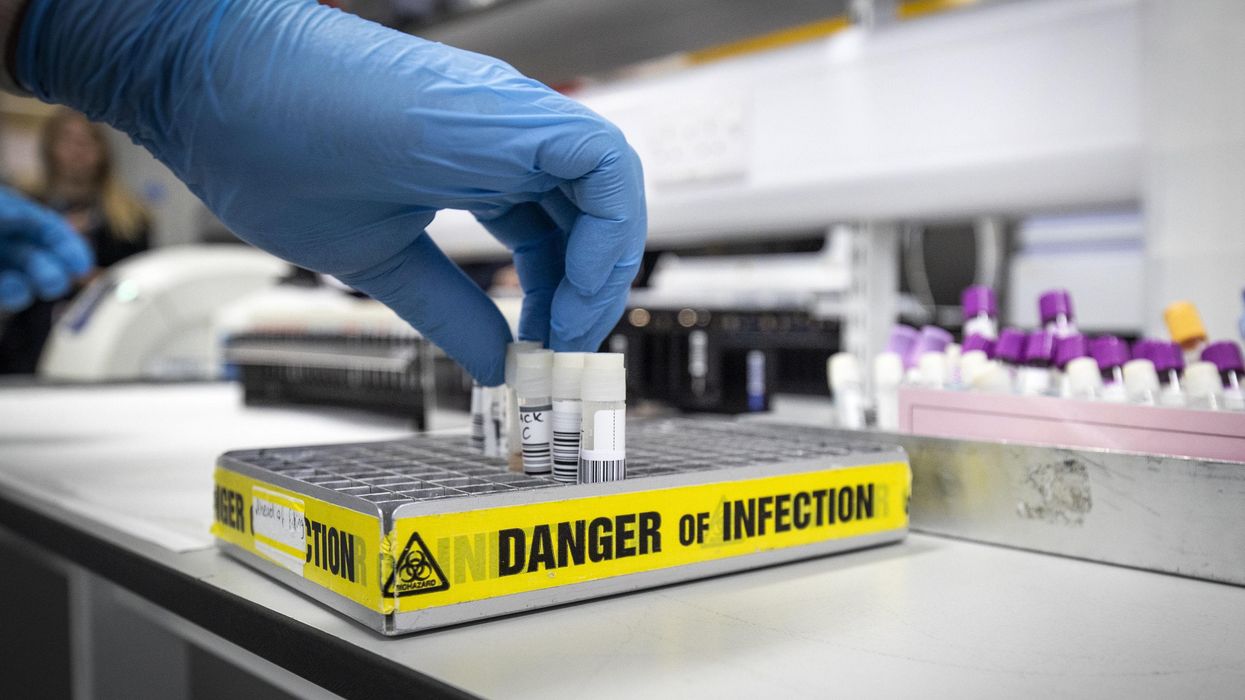
Photo by Jane Barlow - WPA Pool/Getty Images

That's just great
Dr. Mike Ryan, head of the World Health Organization's emergencies program, said this week that the ongoing coronavirus pandemic — including two more easily transmissible strains of the deadly virus — is "not necessarily the big one" when considering possibly worse future pandemics.
The new variants are named B.1.1.7 and 501.V2 and, according to reports, could affect the current course of the pandemic.
According to Newsweek, Ryan said that the COVID-19 pandemic is just "not necessarily the big one."
While the COVID-19 pandemic is "very severe," the worst may not yet have happened.
Ryan, who made the remarks during a Monday briefing, said, "This pandemic has been very severe, has spread around the world extremely quickly, it has affected every corner of this planet. But this is not necessarily the big one."
He added, "This virus is very transmissible ... and it kills people and it has deprived so many people of loved ones. But its current case fatality is reasonably low in comparison to other emerging diseases. This is a wakeup call."
Ryan pointed out that the planet is in a "fragile" state and the global society is becoming "increasingly complex."
"These threats will continue," he warned. "If there's one thing we need to take from this pandemic with all of the tragedy and loss is that we need to get our act together, we need to get ready for something that may even be more severe in future. In this we must honor those we've lost by getting better at what we do every day."
According to Newsweek, more than a dozen countries across the globe have reported COVID-19 cases caused by the new, concerning variants, including Australia, Canada, Denmark, Finland, France, Germany, Italy, Japan, Lebanon, the Netherlands, Singapore, South Korea, Spain, Sweden, and Switzerland.
"Neither strain has been detected in the U.S., but last week the U.S. Centers for Disease Control and Prevention said the U.K. variant 'could already be in the United States without having been detected,'" the outlet reported.
On Monday, Dr. Nahid Bhadelia, director of the Special Pathogens Unit at Boston Medical Center, told CNBC that the variant may only have been overlooked in the U.S. due to current testing capacity.
"To find that strain, what we need to do is to take a percentage of the samples that are diagnosed and do deep genetic analysis, and [in] the U.S., our capacity hasn't been spectacular," she explained, pointing to a CDC report from earlier in December.
"If the strain is here, we might just be missing it because the holes in our net are too wide," Bhadelia explained.